AI proposals
Filter resources
-
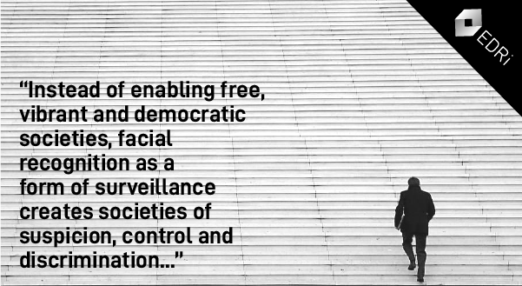
IBM’s facial recognition: the solution cannot be left to companies
On 8 June 2020, IBM’s CEO announced to the US Congress that – on the grounds of “justice and racial equity” – the company would “sunset” its “general purpose” facial recognition technologies. EDRi has addressed the company through a letter, but IBM's response suggests the organisation is motivated by public relations, instead of fundamental rights.
Read more
-
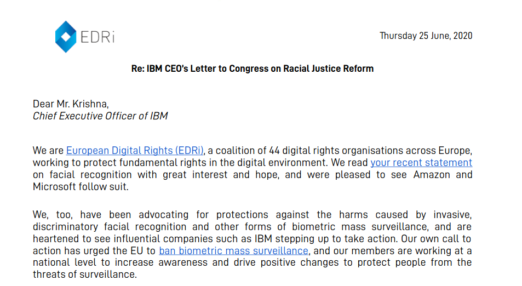
Open Letter: EDRi calls on IBM to clarify stance on facial recognition
On 25 June, EDRi sent an open letter to the CEO of IBM in response to their 8 June statement on racial equality and facial recognition in the US.
Read more
-

COVID-Tech: the sinister consequences of immunity passports
In EDRi’s series on COVID-19, COVIDTech, we explore the critical principles for protecting fundamental rights while curtailing the spread of the virus, as outlined in the EDRi network’s statement on the pandemic.
Read more
-
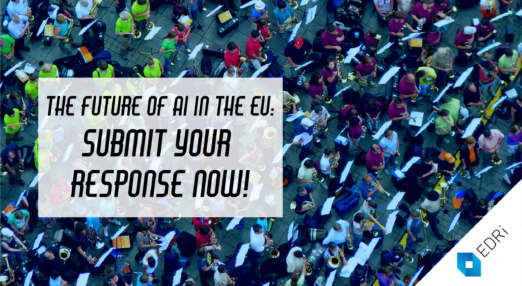
EDRi submits response to the European Commission AI consultation – will you?
Today, 4th June 2020, European Digital Rights (EDRi) submitted its response to the European Commission’s public consultation on artificial intelligence (AI). In addition, EDRi released its recommendations for a fundamental rights-based Artificial Intelligence Regulation.
Read more
-
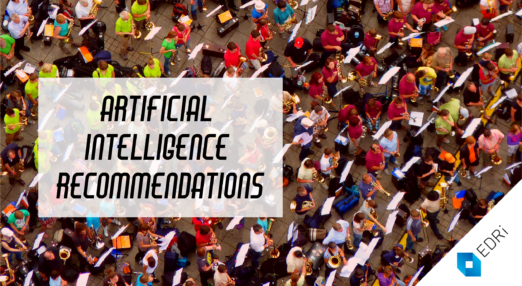
Can the EU make AI “trustworthy”? No – but they can make it just
European Digital Rights (EDRi) submitted its answer to the European Commission’s consultation on the AI White Paper.
Read more
-
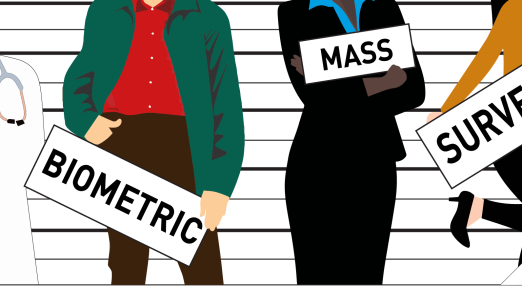
Ban biometric mass surveillance!
44 civil society organisations call for a ban on biometric mass surveillance in EDRi's new paper, "Ban Biometric Mass Surveillance: A set of fundamental rights demands for the European Commission and EU Member States"
Read more
-
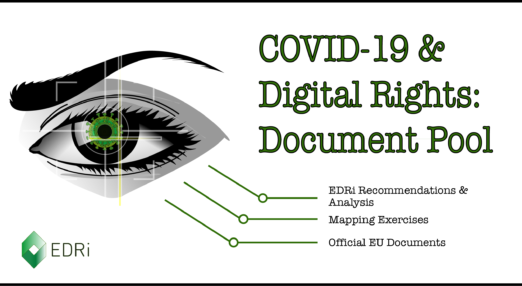
COVID-19 & Digital Rights: Document Pool
Find in this EDRi doc pool all relevant articles and documents around the COVID-19 crisis and digital rights.
Read more
-
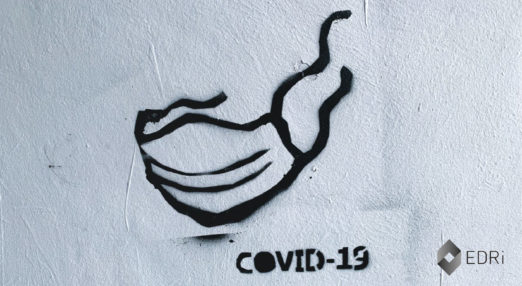
Why COVID-19 is a Crisis for Digital Rights
The COVID-19 pandemic has triggered an equally urgent digital rights crisis. New measures being hurried in to curb the spread of the virus, from “biosurveillance” and online tracking to censorship, are potentially as world-changing as the disease itself.
Read more
-
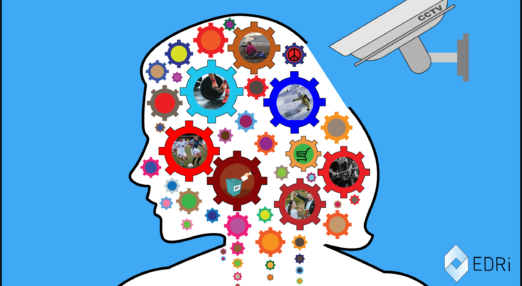
#WhoReallyTargetsYou: DSA and political microtargeting
Europe is about to overhaul its 20-year-old e-Commerce Directive and it is a once-in-a-decade chance to correct the power imbalance between platforms and users. As part of this update, the Digital Services Act (DSA) must address the issue of political microtargeting (PMT).
Read more
-

COVID-19: A Commission hitchhiker’s tech guide to the App Store
How's does the European Commission's toolbox and data protection guidelines fit with the EDRi network's take?
Read more
-
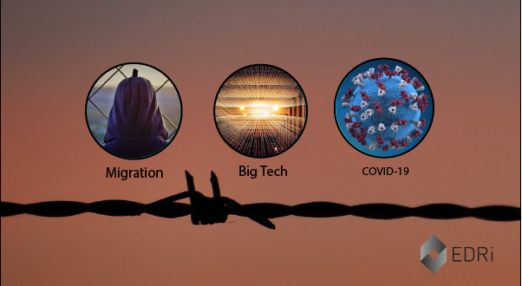
Technology, migration, and illness in the times of COVID-19
In our ongoing work on technology and migration, we examine the impacts of the current COVID-19 pandemic on the rights of people on the move and the increasingly worrying use of surveillance technology and AI at the border and beyond.
Read more
-

COVID-Tech: Emergency responses to COVID-19 must not extend beyond the crisis
In EDRi's new series on COVID-19, we will explore the critical principles for protecting fundamental rights while curtailing the spread of the virus, as outlined in the EDRi network's statement on the virus. Each post in this series will tackle a specific issue at the intersection of digital rights and the global pandemic in order to explore broader questions about how to protect fundamental rights in a time of crisis.
Read more
